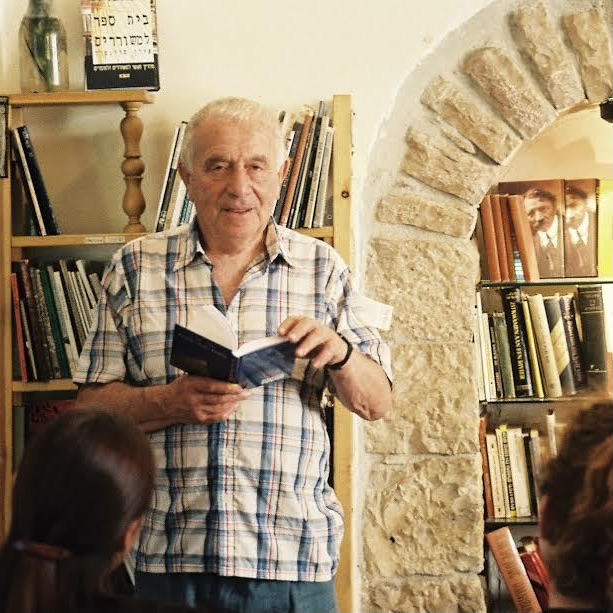Yehuda Amichai
Born: 1924
Born in Würzburg, Germany, in 1924, Yehuda Amichai (born Ludwig Pfeuffer) was an Israeli poet, novelist, professor of literature, and military veteran. Raised in an Orthodox Jewish household that spoke both Hebrew and German, Amichai’s family immigrated first to Petah Tikva in Mandatory Palestine (now Israel), then Jerusalem in 1935 during Hitler’s rise to power. He changed his name to Yehuda Amichai (“My People’s Lives'') to reflect his patriotic beliefs and spent much of his young adulthood as a soldier in a myriad of wars: first as a soldier in the British Army during World War II, then as a member of Palmach (now IDF) during the 1947–1949 Palestine war. It was while stationed in Egypt during WWII that he first discovered his love of writing through an anthology of modern British poetry. Upon his discharge, he entered the Hebrew University of Jerusalem to study Hebrew literature and became a teacher in Haifa, Israel. Amichai published his debut poetry collection, Now and in Other Days, in 1955—one of the first works written in colloquial Hebrew—but would once again join the IDF in their invasion of Egypt during the Suez Crisis of 1956. Throughout the 60s and 70s, Amichai would publish a dozen more famed collections of poetry and novels before, once again and for the last time, joining Israel in its fight for the Suez Canal during the Yom Kippur War in 1973 at age 49. Amichai, always informed by his experiences, frequently sought to explore philosophical issues such as the meaning of life and death through the mundanity of day-to-day life. A singular, colloquial voice, Amichai’s writing grappled with the human condition and his religious faith, attempting to find balance in exploring the purpose of war while dedicating years of his life to fighting in them. Amichai’s body of work has been translated into 40 languages, solidifying him as one of the most translated writers of Hebrew. Amichai passed away in Israel in September 2000.
